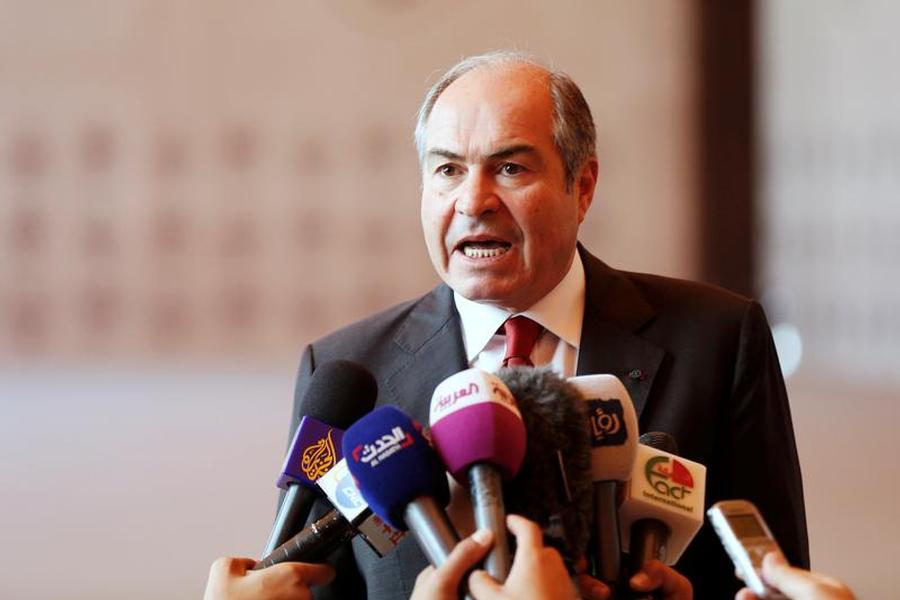Dubai – Jordan’s Prime Minister Hani al-Mulki said that his country has adopted a strategy to stimulate economic growth for the years 2018-2022, based on the vision of King Abdullah II to provide Jordanians with a stable and safe society.
In an interview with Asharq al-Awsat newspaper, the prime minister said that the investment policy in the country was focused on many targets, including the active involvement of the private sector.
“We have adopted the Economic Growth Plan 2018-2022, which was based on the vision of King Abdullah II, to guarantee economic growth and social and economic prosperity,” Mulki said.
“Based on the principles of freedom, justice, equality, respect for human rights and the provision of equal opportunities, Jordan aims to ensure economic growth and social and political prosperity,” he stated.
He added that the plan included economic and financial strategies distributed on different sectors, in form of policies, governmental projects, and investments, all in cooperation with the private sector.
The plan also aims at promoting and stimulating the business and investment environment, increasing competitiveness and maximizing investment opportunities.
Mulki noted in this regard that the government has set 95 measures aimed at implementing economic reforms at a cost of JOD 635 million, in addition to 85 governmental projects with a value of JOD 6.2 billion, and 27 investment opportunities for the private sector worth JOD 9.5 billion.
Jordan’s investment strategy, according to the prime minister, had several objectives, including the creation of job opportunities, promoting productivity and the added value of products and services, as well as providing a competitive environment for local and international investments to contribute to economic growth.
He also stressed the importance of activating the role of the private sector as a major engine in the process of comprehensive and sustainable development to achieve growth and employment opportunities.
Asked about incentives and facilitations provided by the government to attract Arab and foreign investors, Mulki said that his country has committed to a number of reforms, which call for reducing financial and administrative burdens, promoting the quality of local products and services and providing the adequate infrastructure for investments across the country.
He added that all concerned authorities were committed to the implementation of the best international practices with regards to investment and related economic procedures.
Asked about investment opportunities in Jordan in the wake of the launching of the Saudi-Jordanian Investment Fund, the prime minister said that investment opportunities included projects in the water sector and other desalination projects, as well as investments in the energy and oil sectors.
